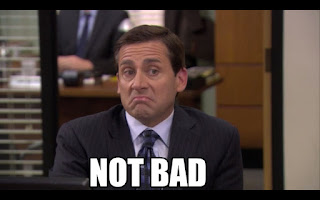Book club discussions

In our book club, I thought the book we are reading is based on a very important subject in our nation especially in today's society. The book we are reading is called "Organizing schools for improvement: Lessons from Chicago." I felt as though I could strongly relate to this book, because of the research and findings they express in the book are base off of urban communities, which I can relate to, considering I came from an Urban community as well. One thing that deeply interested me in the part we read in the book was that test scores may possibly go up due to parent involvement. This is where all my attention went through our discussion. Parent involvement is something I strongly agree with and many do not realize the impact is on not just a child, but the school as a whole. Many of these schools are filled with children who come from low income housing, as well as children that come from homes of an absent parent...



